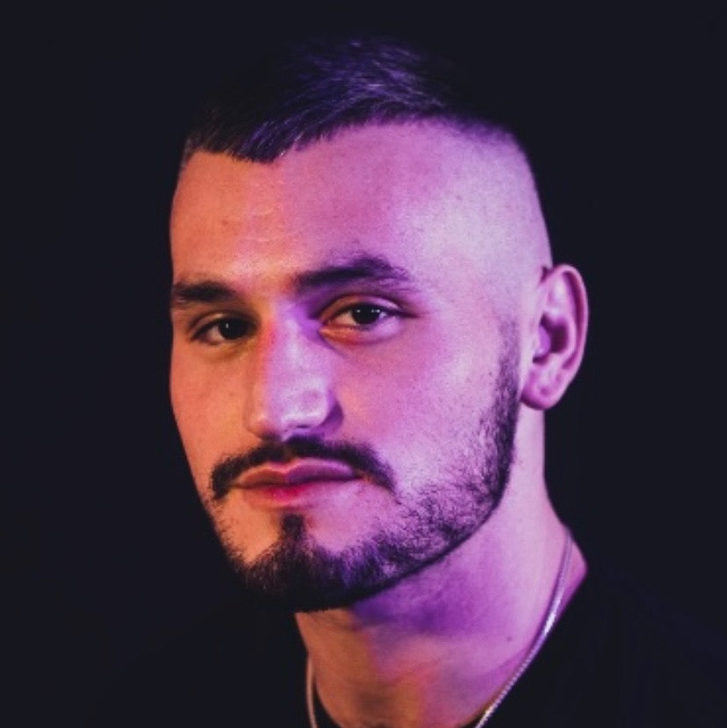Christopher M., a 27-year-old resident at Beit T’Shuvah, has felt rootless most of his life. Born in Miami, he later moved to Georgia where he was placed in foster care at the age of eight. “I bounced around a lot,” he says. At age 17, he was adopted by a family in Texas, where his adoptive father was the director of a maximum-security prison farm.
Christopher started using ecstasy, and started selling molly and acid in the local rave scene. “I became obsessed with partying.” He was also introduced to methamphetamine, but didn’t touch it for months after his first time. Shortly after Christopher graduated high school, he and his adoptive family moved away from the prison farm to suburban Houston. He quickly found meth again while on a date. “I was up for eight days,” he remembers.
By age 19, Christopher was a regular meth smoker and moved out of his parents’ home and started living with a drug dealer. Distancing himself from his family was how he first came to the realization that his usage was problematic. “I basically abandoned them after they took me in. They took me out of a really bad situation and I just ‘dipped’ because I wanted to do drugs instead,” he admits.
Christopher started a work/study position at a local community college, but his meth usage got in the way. “I wasn’t even aware of how I was acting. Soon, everyone found out that I was on meth, I got fired, and I dropped out.” For the next six years, he bounced around Houston staying wherever the drugs were. “I would dealer hop. It was either a dealer or a DJ or both.” At age 21, Christopher began shooting up meth rather than smoking it. “I already knew that I had a serious problem, but I just didn’t want to face it at that point,” he points out.
Eventually, one of Christopher’s exes reached out asking if he needed help, and arranged his admission to a treatment center in San Diego. “I knew that I was just wasting away. I didn’t want to be that crazy meth head. I couldn’t get clean in Houston. I was living with dealers. I just knew I had to get out,” he says.
After 60 days in treatment, Christopher was kicked out for drinking, and found himself in a motel using meth once again. His addiction progressed,
leading him to eventually become homeless. Last year, he moved in with another ex and his ex’s new boyfriend, but that didn’t work for long. At this point he began smuggling pills and steroids from Mexico and selling them to get his meth fix, but he knew in the back of his mind that this lifestyle was unsustainable.
Christopher began calling treatment centers in Los Angeles and was finally accepted to one last December, where he first heard about Beit T’Shuvah. After a few months he moved into a sober living, but ultimately relapsed and moved in with his boyfriend at the time. That ended poorly and once again Christopher decided to attempt sobriety. He called Beit T’Shuvah this past summer and was accepted.
Christopher credits the Beit T’Shuvah community as an integral part of his current journey. “I like being part of the community,” he shares. Patience and trust have been recurring themes throughout his stay at BTS. “With this pandemic, the process of having patience is showing my higher power that I’m learning to trust it. I’m feeling out which ways I could be useful to my fellows through this process.”
Christopher has started school since arriving. “I want to get my Bachelor of Science degree in Nursing, so I can do Life Flight helicopter trauma nursing.” In the next few weeks, he will be starting a clinical internship as a program facilitator. He says finding a place to belong, staying in action, and service are key. “I’ve often run from place to place without really contributing anything. I feel like this would be a way to kind of put roots down in Beit T’Shuvah. This would be the first step.”
